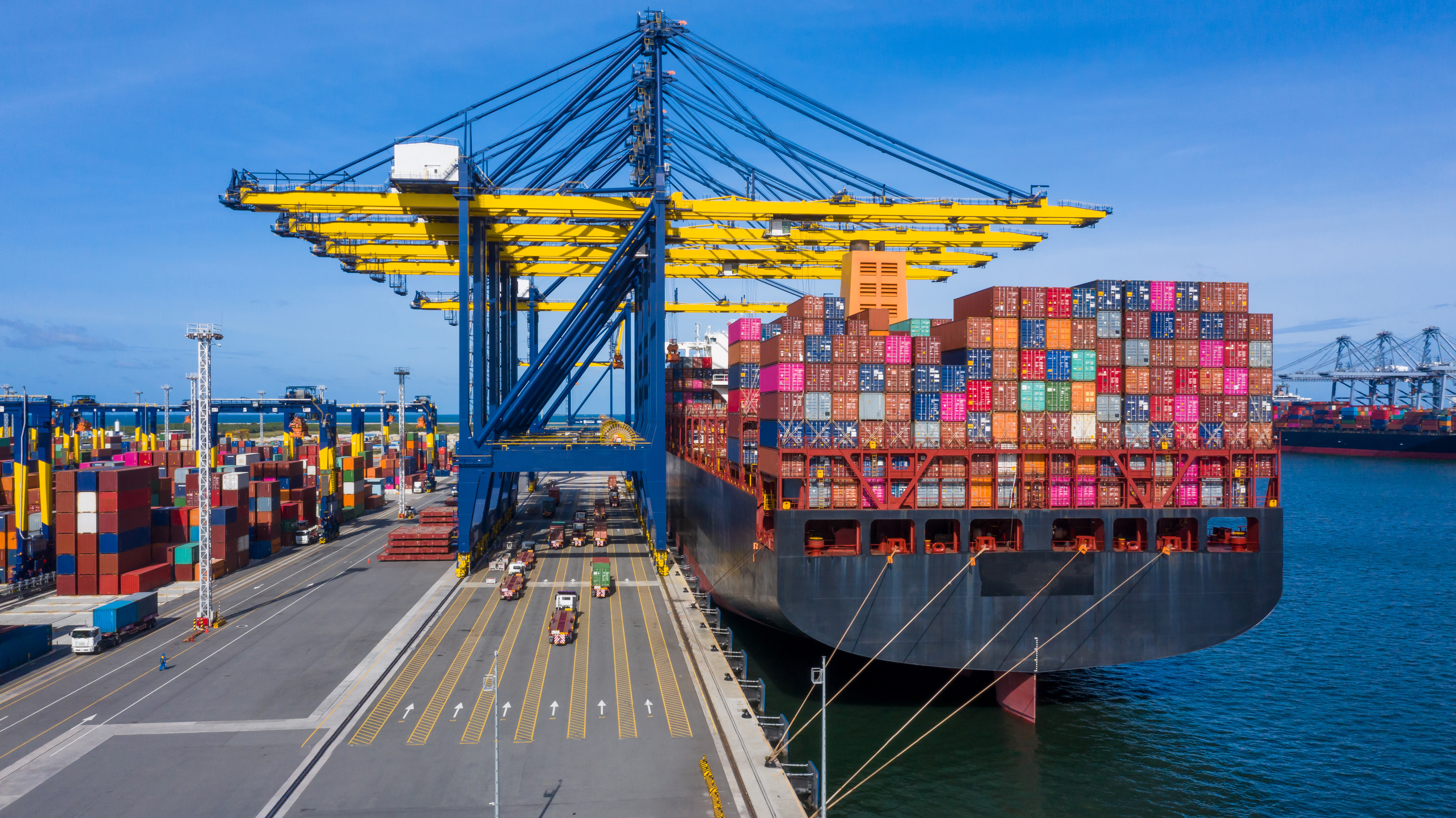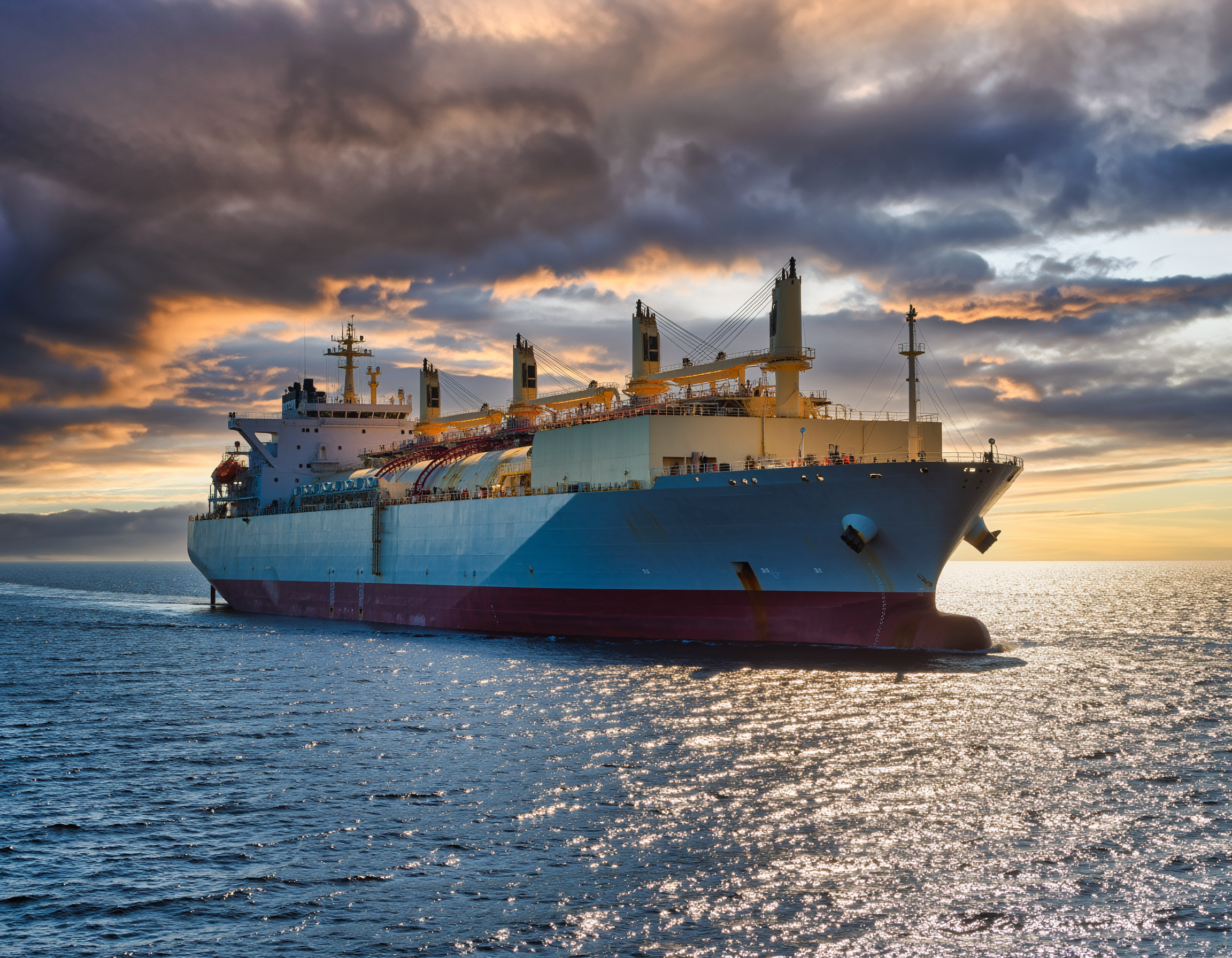Navigators Insurance Company Limited and others v. Atlasnavios - Navegação, LDA (B Atlantic) [2018] UKSC 26
Facts
On 13 August 2007 the vessel completed loading a cargo of coal in Lake Maracaibo, Venezuela, for discharge in Italy. Following an underwater inspection by divers, three bags of cocaine weighing 132 kilograms were found strapped to the vessel's hull near the rudder.
Consequently, the vessel was detained and the crew arrested. The Master and Second Officer were charged with complicity in drug smuggling. In October 2007 a Venezuelan judge sent them for trial and ordered the continued preventive detention of the vessel pursuant to Venezuelan law. The vessel remained in detention until, in August 2010, following a jury trial, the two officers were convicted and sentenced to 9 years' imprisonment. The court ordered the final confiscation of the vessel, which the owner had abandoned to the court in September 2009.
The owner subsequently claimed for a constructive total loss on their war risks insurance. They also claimed for sue and labour costs in respect of efforts taken to try to secure the release of the vessel. In total, the owner's claim exceeded USD 20 million.
The owner argued that it was not aware of the attempted drug smuggling, which was purportedly carried out by persons unconnected to the vessel or the assureds, and sought to rely on the terms of their war risks insurance which covered losses arising from "any person acting maliciously".
The war risk insurers denied cover based on the exclusion of losses arising from "detainment by reason of infringement of customs regulations". The insurers argued that confiscation arising from the lawful acts of a sovereign government is not a peril that the war risks insurance was intended to cover.
Judgements
The Commercial Court had found the insurers liable for the loss on the basis that the malicious actions of third parties (the smugglers) in affixing the drugs to the vessel, had led to an infringement of Venezuelan regulations and, in turn, the confiscation of the vessel. The policy provided cover for "malicious damage", "malicious mischief", and "loss of the Vessel. caused by.any person acting maliciously.
The Court of Appeal overturned the decision holding the insurers not liable on the principle that a loss will not be covered by the policy of insurance if the loss is proximately caused by a covered peril (the malicious concealment of drugs) and an excluded peril (the detainment by reason of infringement of customs regulations).
The owner appealed and the case was considered by the Supreme Court. The Supreme Court ruled in favour of the insurers.
The Supreme Court concluded that the attempted drug smuggling was not "malicious" for the purposes of the terms of the war risk insurance as the smugglers did not intend any harm to come to the vessel. Indeed, their intention would have in fact been for the vessel to reach her destination safely and without delay. Maliciousness required something more than recklessness by the perpetrator. The concept of "any person acting maliciously" would have to involve an element spite, ill-will or the like which is directed by the person towards property or persons. Here, it was not apparent that the smugglers were anything more than reckless with regard to the vessel's security.
This ruling came as a surprise to both parties given that the parties had proceeded to the Supreme Court on the common ground that the drug smuggling was a malicious act.
The Supreme Court went on to confirm obiter the established English legal position that where a loss is proximately caused by an insured peril and an excluded peril, the insurance will not cover that loss. On the facts of this case however, the only relevant cause of loss was the detainment of the vessel by reason of infringement of the customs regulations. As this was a risk expressly excluded from the policy, the insurers were not liable and the owner's claim failed.
Comments
The Supreme Court's decision confirms that smuggling of drugs or contraband is not a war risk. Members trading to parts of the world where they may encounter similar scenarios are therefore recommended to check that they have specific additional cover for the risk of detentions due to third parties using their vessels to smuggle drugs or contraband.



![The Solomon Trader [2025] EWCA Civ 1387: The ‘pay to be paid’ rule affirmed in the Court of Appeal](/fileadmin/uploads/ukpandi/News_Images/AdobeStock_104743067.jpeg)
